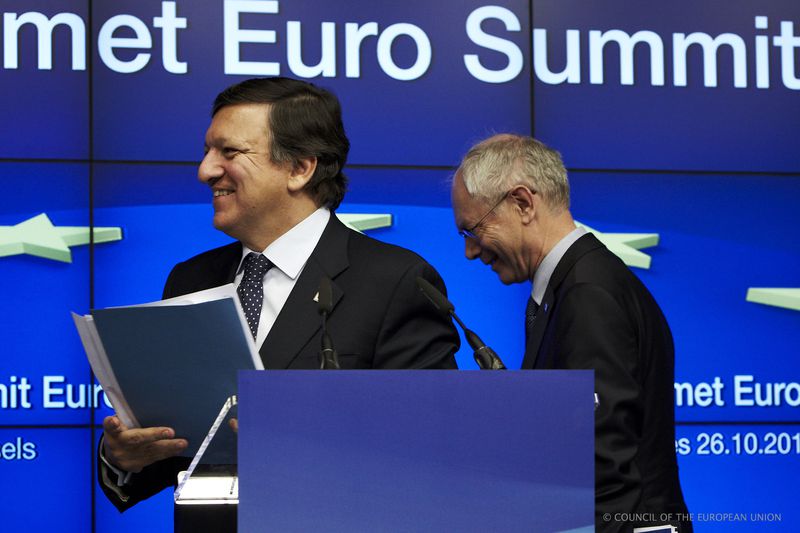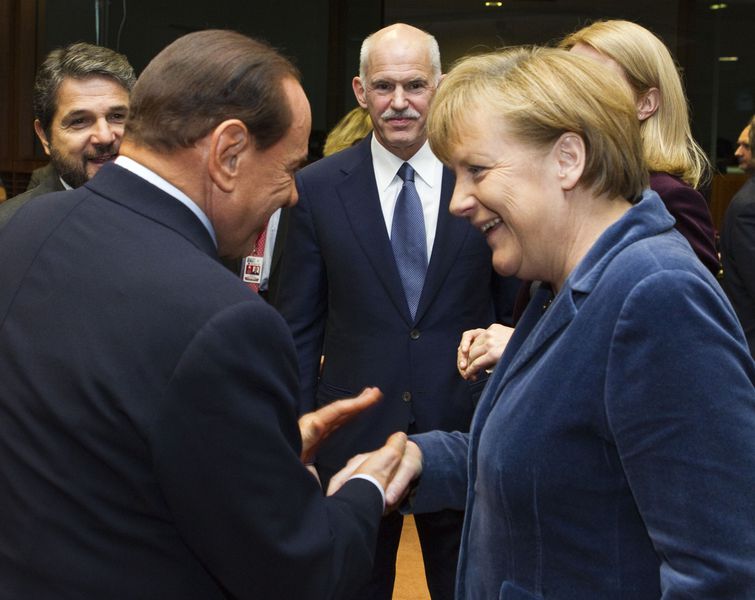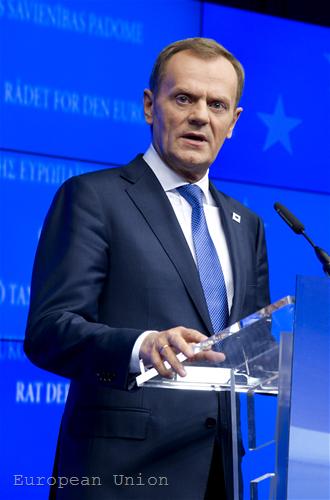Where To Is EU's Way Out of the Crisis - Euinside's Discussion with MEPs
Ralitsa Kovacheva, Adelina Marini, October 21, 2011
What should be done right now to save the euro area from contagion and to avoid repetition of the current situation? These are some of the issues we discussed with MEPs Diogo Feio (EPP, Portugal), Elisa Ferreira (Socialists and Democrats, Portugal) and Sven Giegold (Greens/EFA, Germany). For the second time euinside brought together representatives of the major political factions in the European Parliament to discuss the EU economic governance under the project  European Parliament on your webside, funded by the European Parliament.
European Parliament on your webside, funded by the European Parliament.
And while our first discussion in June coincided with a crucial stage of negotiations on the so called 'Six Pack', which laid the basis of the new EU economic governance, this time our discussion took place on the eve of a crucial European Council on 23 October. It is expected to deliver really bold and comprehensive measures to tackle the most pressing problems - the crisis in Greece and the recapitalisation of banks. We asked the MEPs if the summit would respond to the expectations.
According to Sven Giegold, the EU leaders have to decide to go on with helping Greece and to recapitalise banks, moreover not with national funds but using money from the rescue fund EFSF. He believes that in order to significantly reduce the Greek debt the private sector should bear greater losses than 21%, as agreed on 21 July - there have already been discussed possible losses of 50-60% of the value of Greek  bonds. However, it is not enough to reduce debt – we need a plan for growth and jobs, not only in Greece but also in other countries under the rescue programmes, Mr Giegold stressed.
bonds. However, it is not enough to reduce debt – we need a plan for growth and jobs, not only in Greece but also in other countries under the rescue programmes, Mr Giegold stressed.
His colleague Diogo Feio also believes it is vital, along with budgetary consolidation, to discuss measures for growth and create good business environment. However, strong public finances are the basis for growth, so it is important that Greece, Ireland and Portugal fulfil their commitments under their programmes in order to give confidence to the markets. Ms Elisa Ferreira opposed to that, saying that what had been given to Greece was not help but punishment. According to her it is a mistake to believe that strong countries have a moral right to teach and punish the weaker ones. Once we have taken the political decision to put together strong and competitive economies with weaker ones, adopting the euro and knowing that it would increase divergences between them, now we must find a solution to deal with these huge imbalances, the MEP said. She believes the previous decisions have created two vicious circles - one is the choice whether to save countries or banks, which are interconnected, and the other is the recession measures imposed everywhere without stimulating growth.
It was interesting to hear her explanation of the crisis in the peripheral economies (Ms Elisa Ferreira is from Portugal) along that of Sven Giegold, who is a German. According to Elisa Ferreira, peripheral economies have been affected by the introduction of the euro, because its exchange rate was good for Germany but not for the periphery. Another reason is that after the enlargement the whole dynamic has shifted to the east which also worsened the situation of the peripheral economies in the euro area, while the economic and monetary union did not have the necessary tools to function.
Sven Giegold in turn presented the German point of view – after the euro had been launched a lot of money leaked to the periphery at low interest rates and now these countries are over-indebted, as they did not use the loans properly. Although Mr Giegold advocated the Greeks and passionately explained how much they had suffered in the last year, it became clear how difficult it would be to achieve a common vision for the future of the 27 nation-states whose citizens apparently perceive things quite differently.
 In the long run, according to Mr Diogo Feio, it is necessary to start discussing treaty changes aiming a common system of economic governance in the euro area and more political powers for the European Commission. According to Ms Elisa Ferreira, the future economic governance of the euro area cannot be expressed in some countries bossing the others and telling them what to do. It must also take into account that the EU does not have a federal system but consists of 27 countries with national sovereignty. Sven Giegold believes that the future governance of the euro area must have a strong democratic control, so the role of the European Parliament must be ensured.
In the long run, according to Mr Diogo Feio, it is necessary to start discussing treaty changes aiming a common system of economic governance in the euro area and more political powers for the European Commission. According to Ms Elisa Ferreira, the future economic governance of the euro area cannot be expressed in some countries bossing the others and telling them what to do. It must also take into account that the EU does not have a federal system but consists of 27 countries with national sovereignty. Sven Giegold believes that the future governance of the euro area must have a strong democratic control, so the role of the European Parliament must be ensured.
 | © The Council of the European Union
| © The Council of the European Union | © The Council of the European Union
| © The Council of the European Union | © European Union
| © European Union Klaus Regling | © Council of the EU
Klaus Regling | © Council of the EU Mario Centeno | © Council of the EU
Mario Centeno | © Council of the EU Mario Centeno | © Council of the EU
Mario Centeno | © Council of the EU | © European Parliament
| © European Parliament | © The Council of the European Union
| © The Council of the European Union | © European Parliament
| © European Parliament